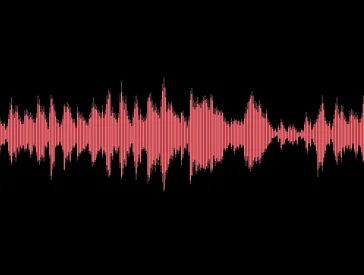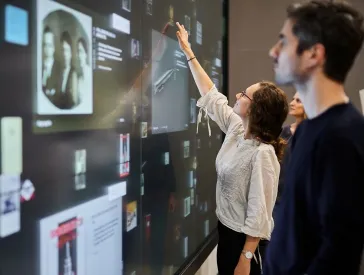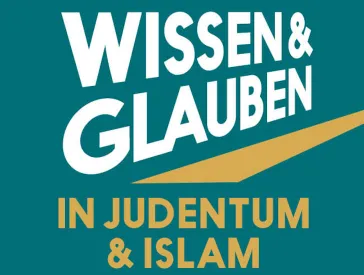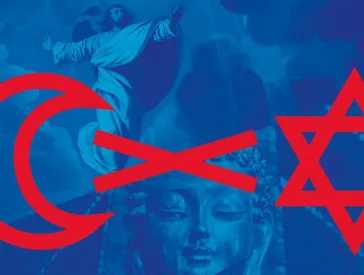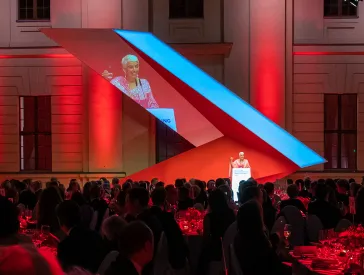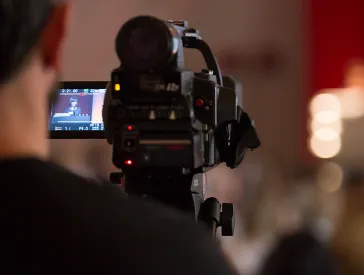Humanity: Between Destiny and Free Will
Lecture Series: Science and Faith in Judaism and Islam (video recording available)
There is a longstanding tension between the assumption that God is omnipotent/omniscient and the idea of human free will. This comes down to whether humans are responsible for their own actions: a question that has been occupying Jewish and Islamic theologians since time immemorial. The doctrine of divine predestination is one attempt to resolve this dilemma.
Humans’ capacity to make conscious decisions has also been increasingly cast into doubt by new findings in psychology, neurology, and genetics. These disciplines consider humans to be predetermined by biochemical factors and by their genetic disposition.
recording available
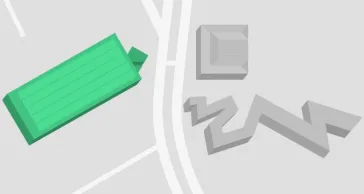
Where
W. M. Blumenthal Academy,
Klaus Mangold Auditorium
Fromet-und-Moses-Mendelssohn-Platz 1, 10969 Berlin
(Opposite the Museum)
Video recording of the lecture Humanity: Between Destiny and Free Will, 30 April 2019; Jewish Museum Berlin 2019
Is our free will really just an illusion? What distinguishes scientific determinism from the doctrine of predestination? How free can humans be?
A discussion with Alan Mittleman and Martin Mahmud Kellner.
Moderator: Asher Mattern (Eberhard Karls University Tübingen)
Alan Mittleman
Alan Mittleman is a Professor in Jewish Philosophy at the Jewish Theological Seminary of America. His publications include Human Nature & Jewish Thought: Judaism’s Case for Why Persons Matter, which examines the Jewish response to the scientific worldview. His latest book Does Judaism Condone Violence? won the 2018 National Jewish Book Award.
Martin Mahmud Kellner
Martin Mahmud Kellner is a Deputy Professor in Islamic Source Texts at the University of Osnabrück’s Institute of Islamic Theology. He is also the founder of the educational initiative "Madrasah: Association for Islamic Education and Intercultural Dialogue".
About the Lecture Series
Scientific discoveries in astronomy, geology, and biology over the past centuries have called into question the centrality of humans as the “crown of creation.” Today, religious and scientific positions are often seen as irreconcilable. While some present religions as incompatible with a modern worldview, others demand that creationism be giving equal billing in school as an alternative to the theory of evolution. In the past, this conflicting relationship between religion and science was hardly the rule. Many theologists were also scientists and made significant contributions to our understanding of humanity and the surrounding world.
This lecture series sets out to explore the tensions and affinities between Judaism, Islam, and the sciences. It aims to supplement the narrative of conflict with other narratives. To that end, the lecture series delves into subjects such as evolution and creation, belief in miracles, biological determinism and free will, historicist critical analysis of sacred texts, and how Jewish and Muslim religious educators approach the sciences.
Lecture Series 2018/19: Science and Faith in Judaism and Islam (5)
